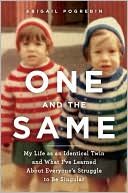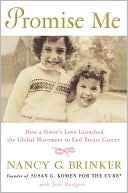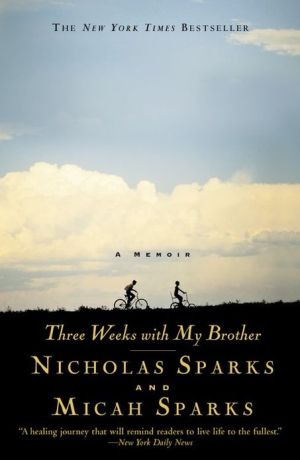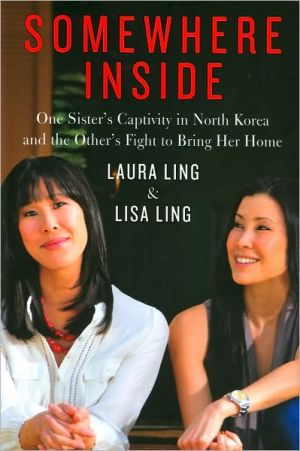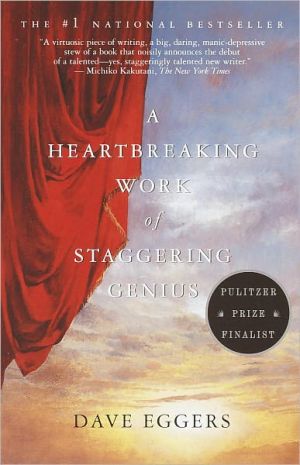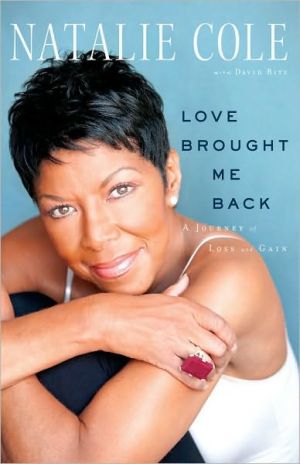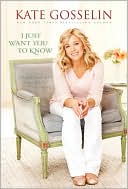One and the Same: My Life as an Identical Twin and What I've Learned About Everyone's Struggle to Be Singular
Search in google:
Journalist Abigail Pogrebin is many things—wife, mother, New Yorker—but the one that has defined her most profoundly is “identical twin.” As children, she and her sister, Robin, were inseparable. But when Robin began to pull away as an adult, Abigail was left to wonder not only why, but also about the very nature of twinship. What does it mean to have a mirror image? How can you be unique when somebody shares your DNA? In One and the Same, Abigail sets off on a quest to understand how genetics shape us, crisscrossing the country to explore the varied relationships between twins, which range from passionate to bitterly resentful. She speaks to the experts and tries to answer the question parents ask most—is it better to encourage their separateness or closeness? And she paints a riveting portrait of twin life, yielding fascinating truths about how we become who we are. Publishers Weekly Journalist Pogrebin (Stars of David) explores in a palatable, nonscholarly format some of the sticky issues of identity that accompany being a twin. Enjoying an “extreme intimacy” from embryo to adulthood, twins, especially identical, achieve a unique, somewhat exclusive self-sufficiency that can be comforting and enriching as well as stifling and restricting. Pogrebin, whose own twin, New York Times reporer Robin, grew less needy for the other's presence as they grew older, interviews numerous twins in various walks of life to probe the source and stages of their emotional development, from football stars Tiki and Ronde Barber to a pair of 86-year-olds who were operated on by Dr. Mengele at Auschwitz. Some of the recurrent topics that Pogrebin superficially explores include the sense of not needing other people as much as twins need each other, thus making it harder to find intimacy outside of the duo; feeling “jilted” when the other finds a partner or spouse (“Anybody who marries a twin,” asserts one, “has to understand that they're marrying two people”); dealing with the amplified competition and constant comparison; parental favoritism; and the importance of establishing a distinct identity from the other. Touching on timely medical topics such as the “risky business” of multiple births, especially by in vitro fertilization, and recent discoveries in DNA research, Pogrebin's personal journey will prove helpful to other twins, but is not the end word on the subject. (Oct.)
